MENTOR Capacity Statement
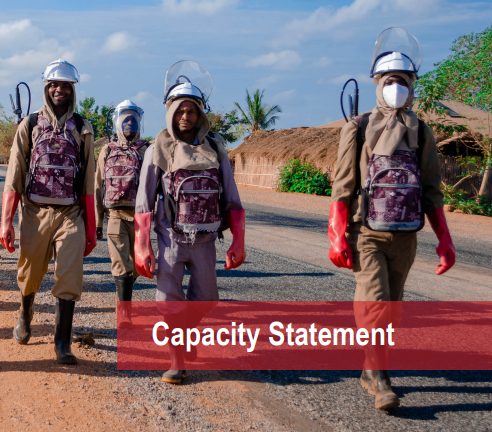
A document that outlines how we work and what we do to save lives in health emergencies and humanitarian crises.
Tackling malaria in growing humanitarian crisis
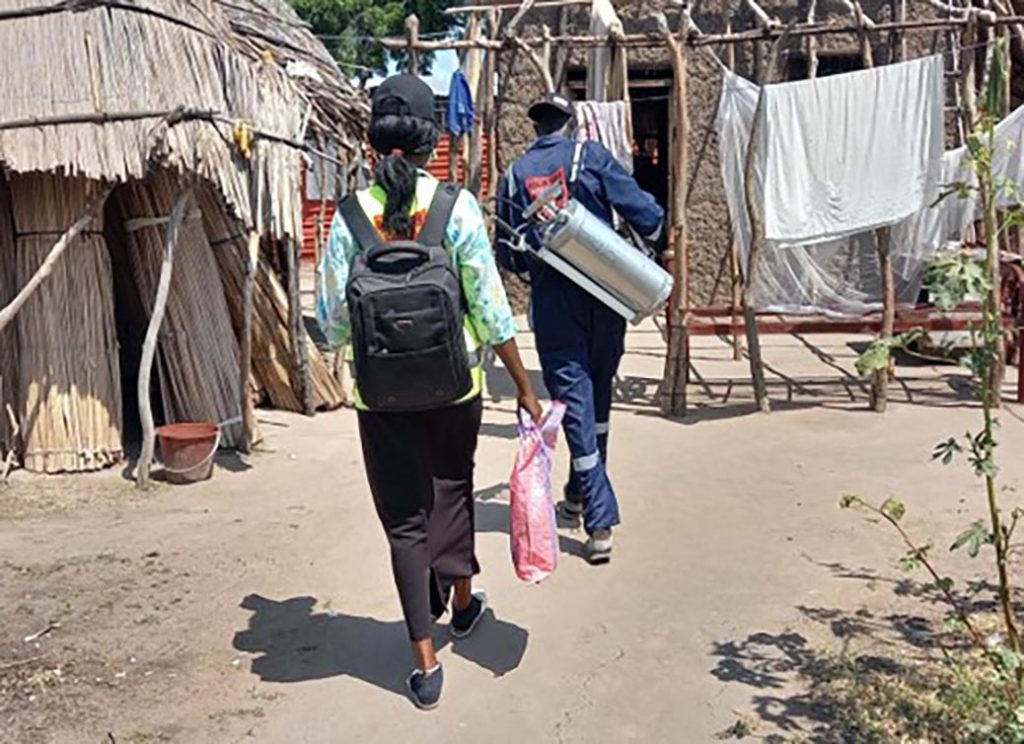
MENTOR recently completed an emergency Indoor Residual Spray (IRS) campaign in camps and settlements in Renk, South Sudan, helping to protect over 75,000 people from malaria. MENTOR’s IRS campaign started with three days of training for all workers. The teams then sprayed 8,590 shelters and houses in and around Renk Town, where thousands of refugees […]
MENTOR CEO calls for the approval of innovative vector tools to protect against multiple vectors
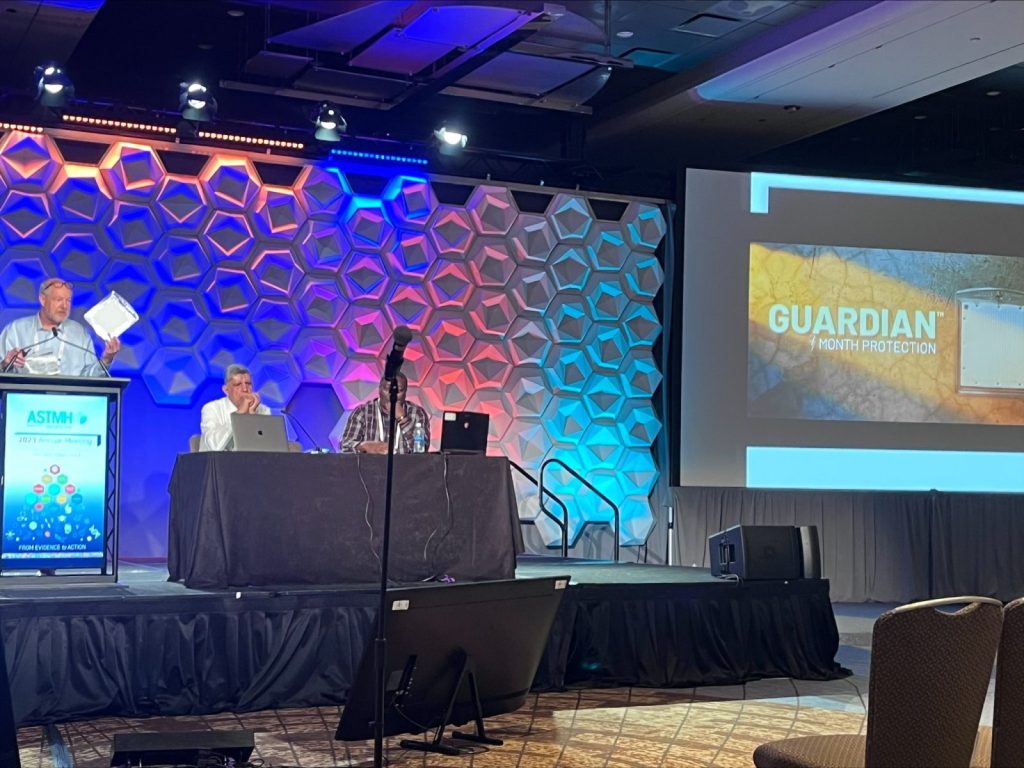
“We urgently need new disease control tools approved to effectively protect people from multiple disease-carrying vectors,” said Richard Allan during his talk at American Society of Tropical Medicine and Hygiene (ASTMH) last week where he presented the results from the trial of SC Johnson innovative spatial repellent, Guardian. The presentation was titled: Gaining control of invasive urban disease vectors: First […]
Annual Report 2022/23

MENTOR is happy to introduce our 2022/23 Annual Report, featuring stories from a year of programmes delivered across nine counties by our dedicated and committed team. In the report we meet some of the team who work in complex settings to prevent diseases, protect people, and improve access to healthcare in places with the highest […]
How malaria surveillance is maintaining low transmission rates in Angola

There is a serious risk of low malaria transmission in southern Angola reverting back to previous high rates if progress made in case management and surveillance is not maintained. A reduction in activities also puts malaria elimination efforts in neighbouring countries at risk. MENTOR began supporting National Malaria Control Programme (NMCP) and local governments in […]
World Mosquito Day
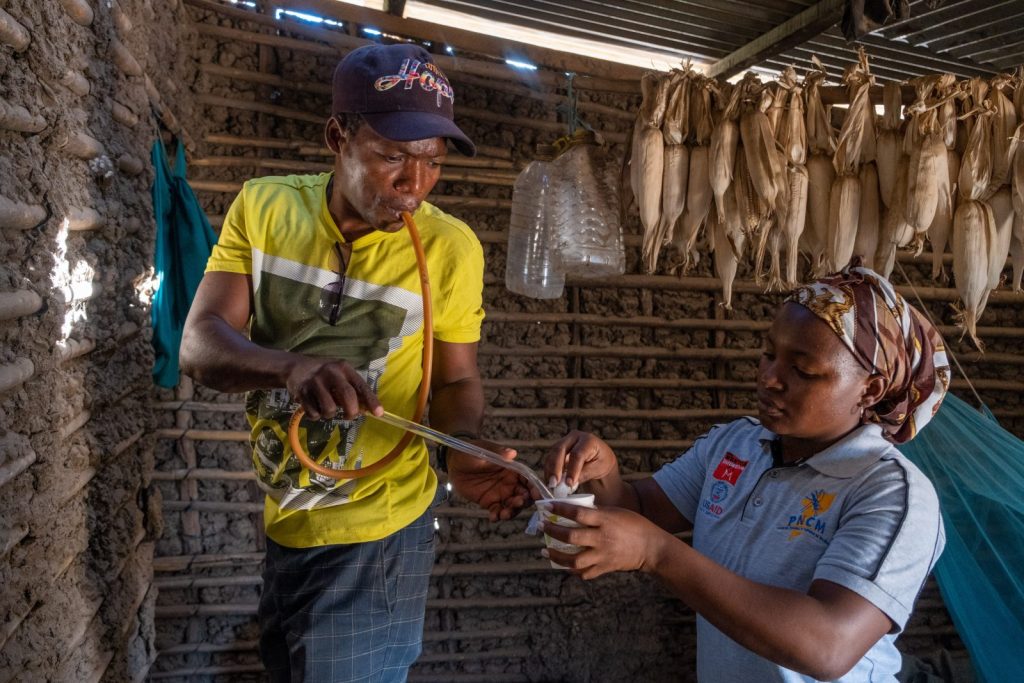
“The entomological monitoring of mosquito behaviour is critical to reduce deaths and suffering from the diseases they transmit,” says Mohammad Kamal, MENTOR Research Coordinator in Yemen speaking on World Mosquito Day (20 August).“Regular surveillance of the world’s deadliest animal, which spread diseases such as malaria and dengue, ensure MENTOR programmes make the most impact and […]
Refresher training for community health workers in northern Mozambique

The MENTOR team in Mozambique has been delivering refresher training to health teams and technicians over the past few weeks, in partnership with the Provincial Health Directorate in Cabo Delgado Province. The APS refresher training and the subsequent technical support they will receive is essential to improve access to quality health care for people in […]
Malaria behaviour study in Angola
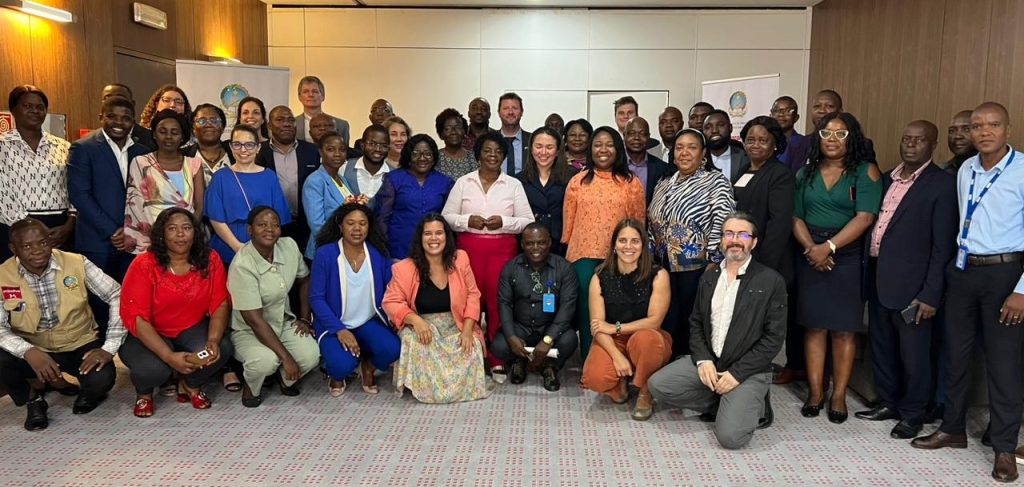
The National Malaria Control Program (NMCP) of Angola and Breakthrough ACTION project led a meeting recently to discuss the initial results from a Malaria Behaviour Survey conducted in three provinces between March and April 2023. The survey aims to understand the behaviours and perceptions of the general population towards malaria prevention, treatment, risks, and consequences. […]
New study of spatial repellent in Borno State, Nigeria
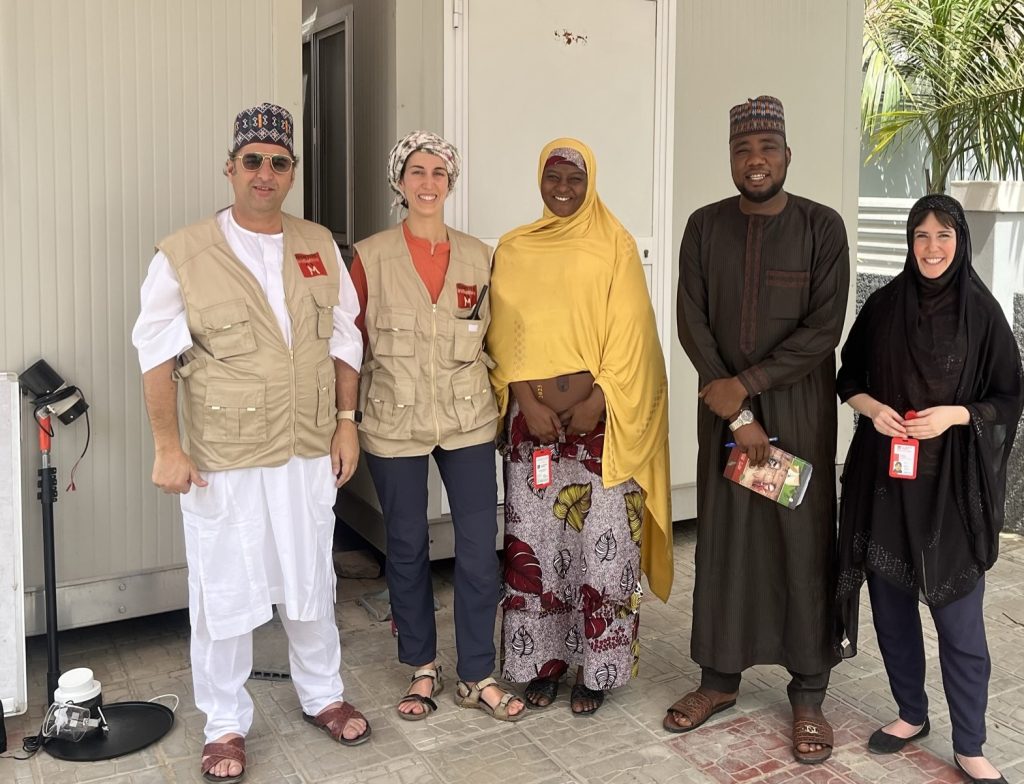
MENTOR’s operational research team recently met with leaders of internally displaced persons (IDP) camps in Borno State, Nigeria, in preparation for the upcoming study of novel spatial repellent ‘Mesh’. Joined by officers from the Ministry of Health, the team are engaging closely with community leaders and relevant local authorities at this first stage, to secure […]
Community-based healthcare for crisis-affected communities in Central African Republic
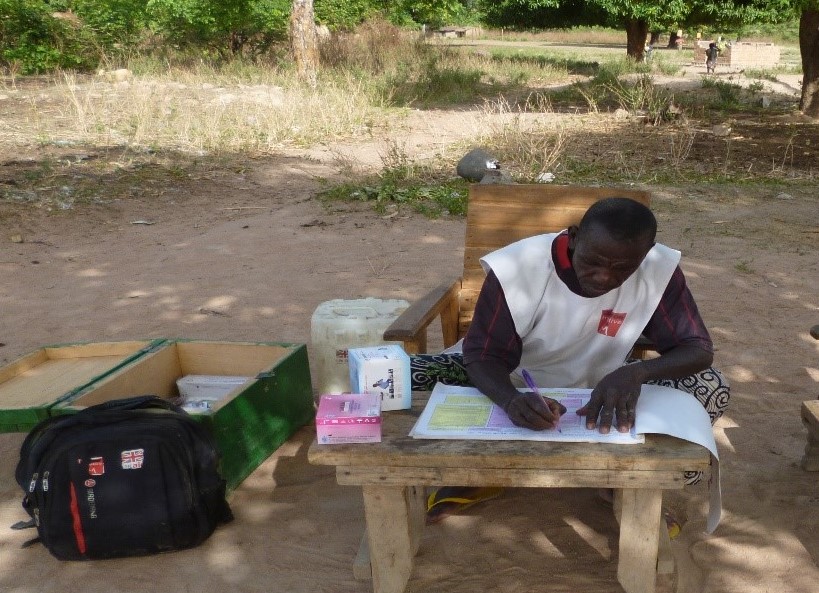
A network of community health workers (CHWs) is responding to the humanitarian crisis in Central African Republic by delivering critical primary healthcare to vulnerable communities affected by ongoing conflict in the country. Since 2008, this network of 450 CHWs has allowed The MENTOR Initiative to navigate violence and insecurity to reach communities in fragile areas […]
